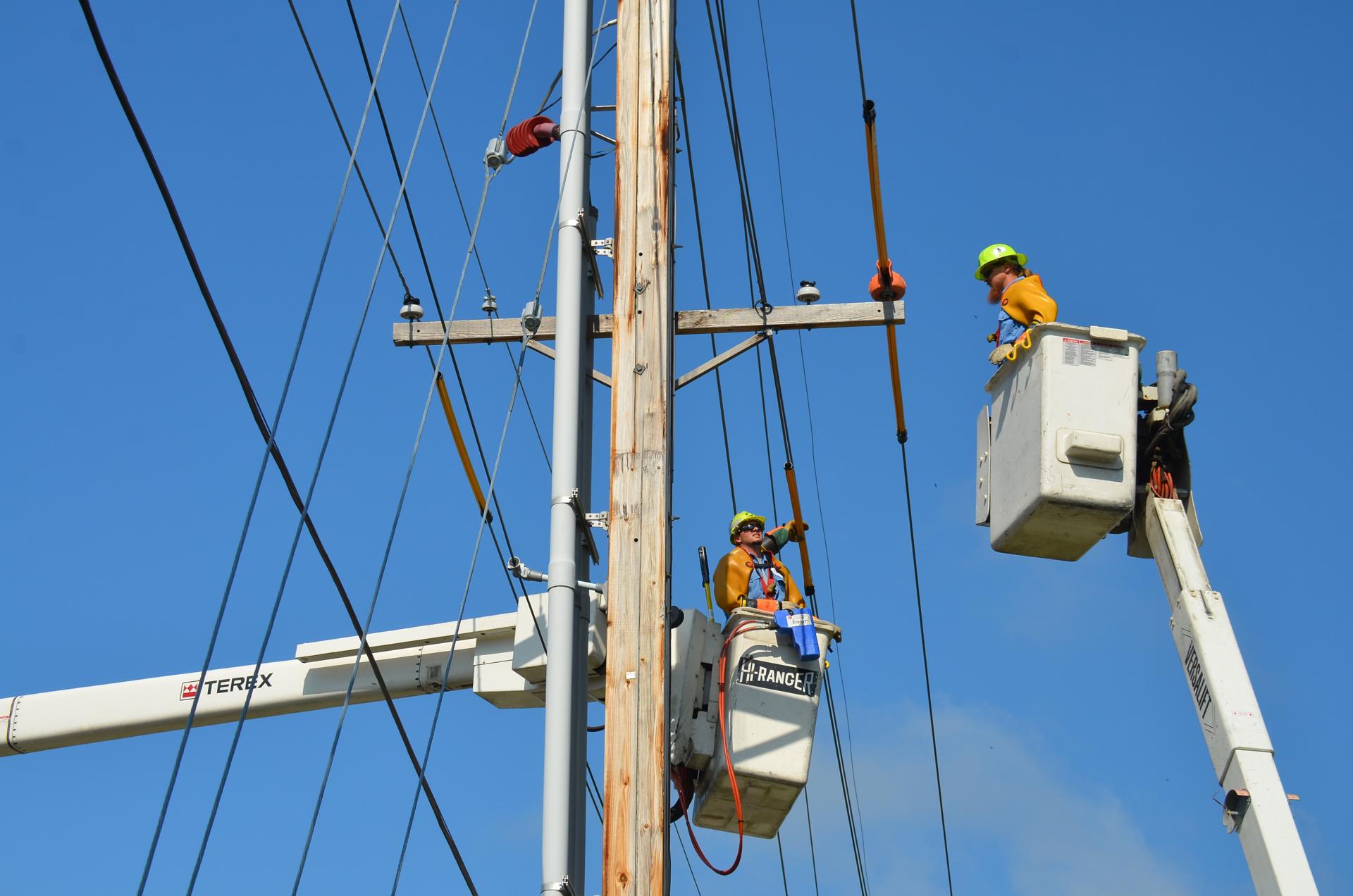A Closer Look at the Dangers Faced by Electricians

Being an electrician is a job which comes with a certain risk, but it’s also one that can be made secure with the proper precautions. We at Electricians of Papakura, we take safety seriously, and we believe it is essential to educate our customers on the hazards of working with electricity, and the best ways to avoid accidents.
Statistics of Electrical Accidents:
Electrical accidents can happen both in the workplace and at your home. In fact, according to the Electrical Safety Foundation International, there were over 2,000 deaths from electrical accidents within the United States from 2003 to 2018. The most common causes of these accidents are electrical fires and electrocution.
One of the best ways to avoid electrical accidents is to hire a licensed electrician. They have the expertise and expertise to manage electrical work safely and efficiently, reducing the possibility of accidents.
Safety Precautions
One of the primary security measures electricians must employ is to wear protective gear, such as gloves eye protection, gloves, and insulation tools. They must also shut off power prior to starting work, and employ lockout/tagout procedures to ensure that the power is not interrupted while they are working.
If you’re a homeowner, it’s important to avoid attempting electrical work themselves. Even the most basic tasks, such as changing an outlet or lighting fixture, could be risky if done incorrectly. It is recommended to contact a licensed professional to handle any electrical job.
Training and Certification
To become a licensed electrician the person must go through an extensive course of study as well as pass an accreditation exam. This ensures that they have the skills and knowledge required to handle electrical work safely and effectively. We at Electricians of Papakura, we only employ licensed electricians, which means you can trust that your electrical work will be completed correctly.
Conclusion:
In summary, working as an electrician is not without dangers, however these risks can be minimized by taking the appropriate measures. At Electricians of Papakura, we take safety seriously and want our customers to know the necessity of hiring a licensed electrician for all electrical needs. Remember, for any electrical services that you require, it is possible to contact Electricians of Papakura at 0800 570 085.
FAQ:
What should I do if experience an electrical emergency?
If you encounter an electrical issue the first thing you should do is turn off the power to the affected area and call an experienced electrician. Don’t attempt to fix the issue yourself, since it could be risky.
What’s the best way to avoid electrical accidents at home?
The best way to avoid electrical fires at home is to engage an experienced electrician for all electrical work you want done. Also, ensure that you do not over-load outlets, and use extension cords safely, and replace damaged electrical cords and devices.
Do I have the ability to make my own electrical repairs or should I always hire an electrician?
While it may be tempting to try saving money doing yourself electrical work, it’s not advised. Electricity work is dangerous and you should hire an authorized electrician who has the knowledge and skills to manage the job safely.
How can I determine if an electrician is certified and licensed?
To make sure the electrician is licensed and qualified You can verify this by contacting the licensing board of your state, or request a copy of their certificate and license. In Electricians of Papakura, all of our electricians are licensed and experienced.
What kinds of electrical services do Electricians of Papakura offer?
At Electricians of Papakura, we offer a wide range of electrical services, including electrical repair and installation and upgrades to electrical panels lighting installations, and more. Contact us via 0800 570 085 to learn more about our services and the ways we are able to assist clients with their electrical requirements.
